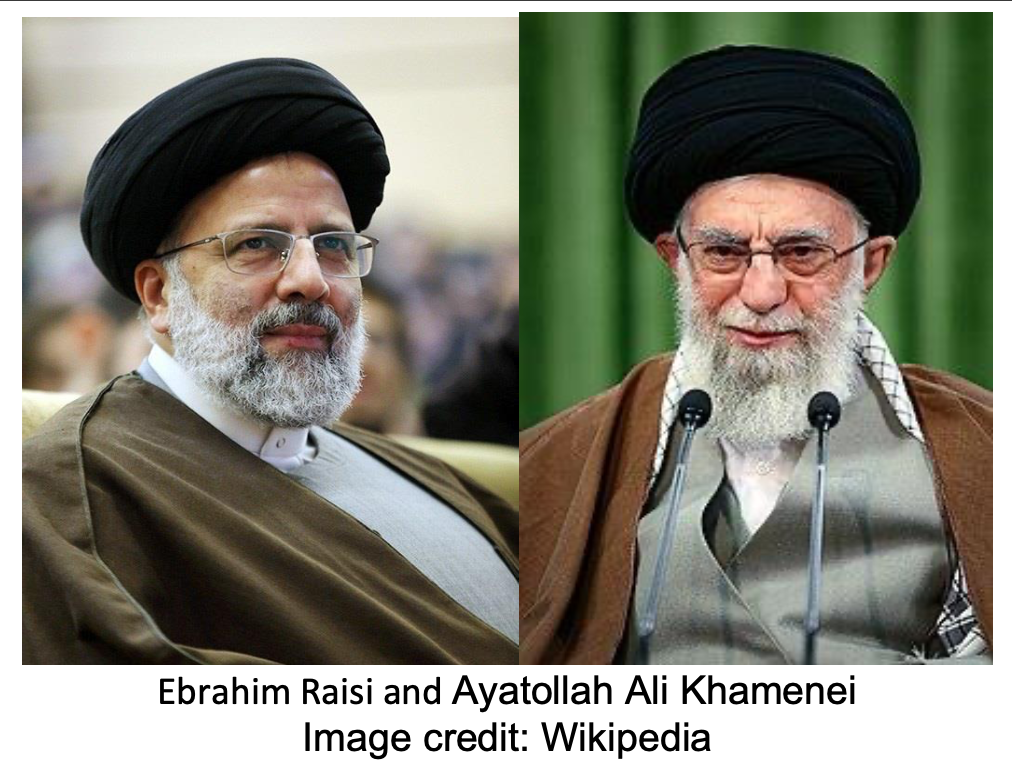Tehran, June 21: Ebrahim Raisi was chosen as Iran’s eighth President in a presidential election held on June 18, 2021. These were the thirteenth presidential elections held since the Islamic Republic was established in 1979. With a population of 80 million, Iran has over 59 million eligible voters. Ebrahim Raisi won the elections with 62 percent of the vote, and he will be President for a four-year term.
Iran is an Islamic republic with a single legislative chamber. The country’s 1979 constitution established a hybrid system
of governance in which the administration, parliament, and judiciary are governed by the clergy known as the Supreme Leader of Iran. Hence 81-year-old Ayatollah Ali Khamenei, who is Iran’s supreme leader, wields ultimate political control. Ebrahim Raisi, Iran’s newly elected president, will take over the country’s second highest office behind the Supreme Leader.
Disqualification row
Iran’s Guardian Council approved only seven presidential candidates out of 592 who registered (The Guardian Council is responsible for approving candidates who have registered to run for the elections). All 40 women who applied were disqualified. Three of the seven approved candidates pulled out of the race two days before the election on Friday. Three of the remaining four candidates were conservatives. This is being seen as a move to ensure that Ebrahim Raisi, an ultra- conservative who also has the supreme leader’s support, wins the election.
Hassan Rouhani, the incumbent moderate President, has served two consecutive terms and is not able to compete for re-election because he has already spent the maximum limit allowed by their constitution.
As a result of the disqualification row, the turnout in this election was only 48%. This is the lowest in Iran’s electoral history. Over 4 million votes were also voided. In response to the election result, United States, which has imposed sanctions on Iran in response to its nuclear programme, claimed that Iranians were denied free and fair elections.


